What we know (and still don't know) about the proposed Summa Health sale to HATCo
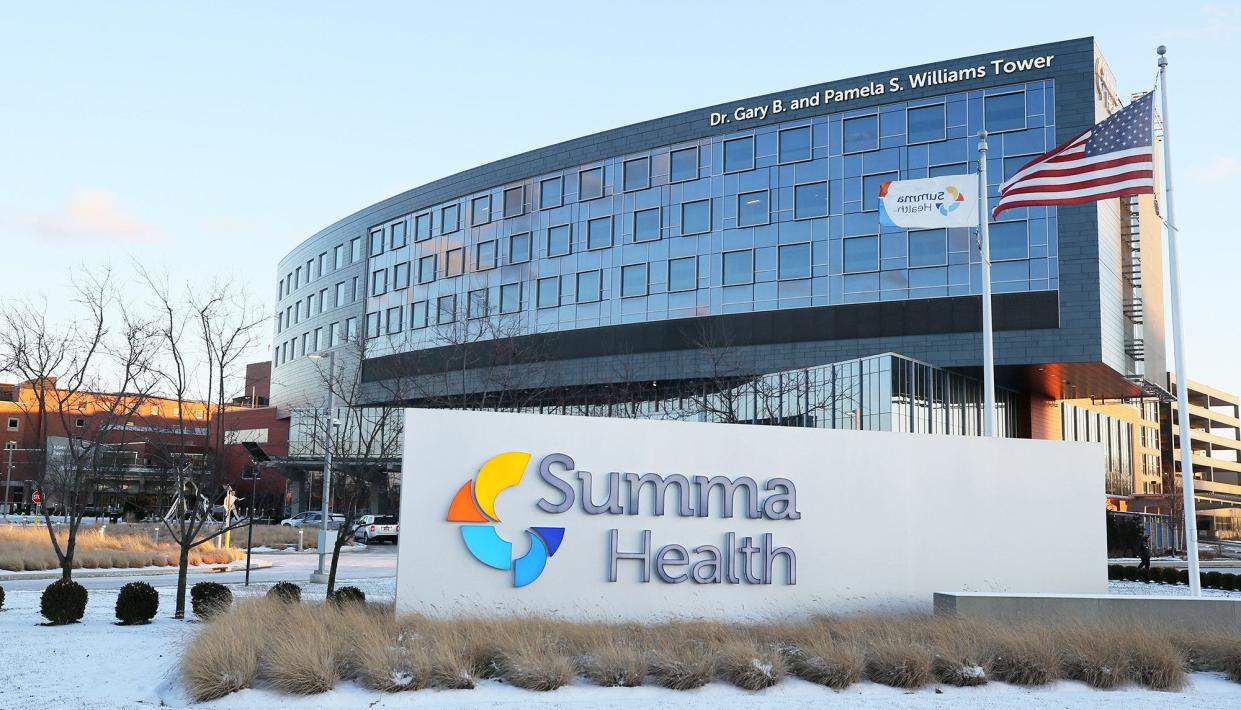
The mission of the proposed sale of Summa Health is clear: Stabilize the health system’s long-term finances, keep it based in Akron and reinvent how health care is used, delivered and priced with evolving technology.
Yet details about how that transformation could unfold remain murky as a venture capital deal to buy Summa barrels forward.
Summa’s future impacts nearly everyone in Greater Akron.
The health system not only is an anchor to the local economy – it’s the largest employer in Summit County and owns property valued at more than $500 million – but also provides health care to many residents from the moment they are born until they die, including those without insurance.
Some critics fear the sale – which would turn Summa from a nonprofit to a for-profit system – could negatively impact access to and quality of care, something that tends to happen when private equity invests in health care looking for a quick return.
But leaders of Summa and its suitor, Health Assurance Transformation Corp. (HATCo), said this deal is different from other private equity sales and investments.
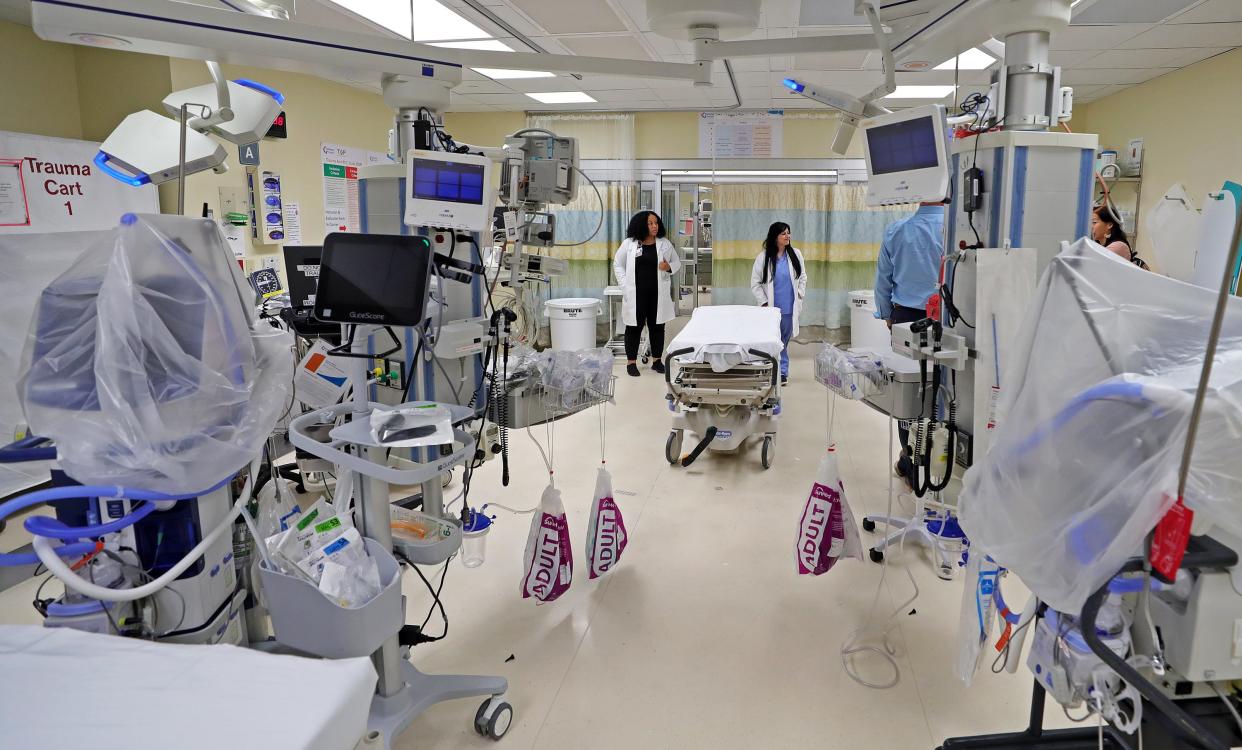
The goal here isn’t to slash employees and unprofitable services to make short-term profits, they say.
HATCo is instead pouring money and technology into Summa over decades, with a long-term goal of upending how health care works, not only locally but also around the world.
This is what we know – and still don’t know – about the proposed sale of Summa and its potential impact on patients, staff and the community.
How big is Summa Health?

Summa now employs about 8,500 people, according to a Summa spokesman.
The health system has about 1,300 beds and about 1,000 physicians at its facilities, which cover nearly 3 million square feet in the region, according to an annual report prepared last year by Summit County.
Summa’s insurance plan, SummaCare, has more than 60,000 members, the report said, and Summa overall generates more than $1 billion in net patient revenue per year.
Cleveland Clinic Akron General, its local competitor, is only about half the size, the Summit County report shows.
It has about 511 beds and a staff of about 4,200, the report said.
In 2022, Summa reported contributing more than $210 million in community benefit, including research, education and charity care.
Will Summa start paying property taxes if the HATCo sale goes through?
Yes.
Summa, as a nonprofit, has been exempt from paying property taxes.
But if the HATCo deal goes through, Summa would become a for-profit organization, and like any other for-profit business, it would be liable for property taxes.
Summa owns 186 parcels in Summit County that are worth about $534,753,460, the Summit County Fiscal Office estimated.
Summa’s annual tax bill would be about $14,586,221, said Jack LaMonica, chief of staff for the Summit County fiscal office.
If the HATCo acquisition occurs any time in 2024, the properties would first become taxable Jan. 1, 2025.
Values and taxes could change, LaMonica added, based on any new construction or other property changes.
Can Summa patients keep their doctors if HATCo buys Summa?
Yes, said Summa Chief Operating Officer Ben Sutton.
Sutton said Summa has no plans to change its medical staff after the potential sale.
People who study health care, however, caution there could be some staff turnover because doctors, nurses and others may not want to work for a for-profit company or adapt to technology changes that HATCo has promised to bring to Summa.
Proposed hospital sale: Summa Health in Akron to be acquired by venture capital firm HATCo. Check out our coverage
Those departures, however, are not unique to this sale and could happen with any change in Summa’s ownership.
Will my insurance still be accepted at Summa if HATCo buys the health system?

Yes, Sutton said.
“We do not expect this strategic relationship to significantly change our relationships or contracts with insurers nor increase the cost of care for patients,” Sutton said.
In addition, there will be no changes to coverage for SummaCare members, he said.
How long have leaders from Summa and HATCo been talking about a sale?
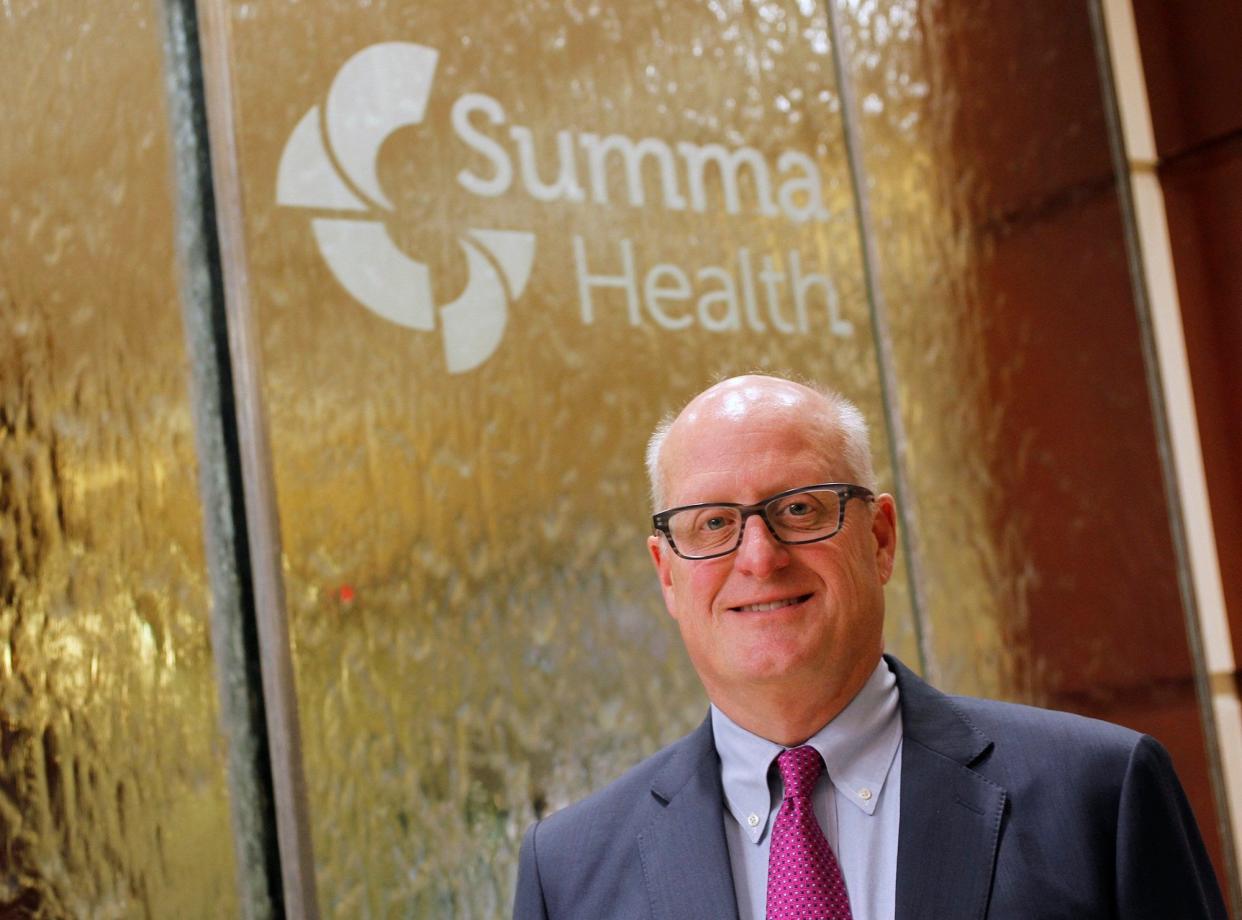
Summa CEO Dr. Cliff Deveny said he and Dr. Marc Harrison began discussing a potential relationship between their two organizations a little more than a year ago, even before HATCo was formed.
“Those conversations were very preliminary and focused on the Summa and HATCo philosophical approaches on how best to advance the delivery of care through change that is desperately needed across the healthcare industry,” Deveny said in a written response to Beacon Journal questions.
“As those conversations continued, it became clear that we share a very common vision to create a new, more proactive, affordable and equitable system of community-based, lifelong health care,” Deveny said.
In October, General Catalyst – one of the largest venture capital firms in the U.S. – announced Harrison would launch and lead its new spinoff company, HATCo.
HATCo’s mission, General Catalyst said at the time, was “to deliver health and wellness collaboratively, compassionately, and courageously – for all people.”
It also said HATCo intended to buy a health provider to make that happen.
When Deveny was convinced Summa and HATCo’s missions aligned, Summa’s board of directors became involved, along with other Summa teams, he said.
“Those conversations centered on what a potential relationship could look like and how we can create a model of care that will leverage both organizations’ strengths to create a sustainable, innovative path forward to better serve Summa Health’s communities clinically, economically, and socially,” Deveny said.
Deveny said there was “never any skepticism because of how aligned we are in our desire to care for those we serve and to serve as a blueprint for other health systems to effectively serve all people in their communities.”
It’s taken time “to work through the complexities” for what Deveny said is a “bold step to grow the Greater Akron community and change how we care for people.”
Summa and HATCo in January announced they signed a non-binding letter of intent outlining HATCo’s planned acquisition of Summa.
When is the sale expected to close?

In coming months, Summa and HATCo will work out details as regulators and the Ohio Attorney General determine whether the sale can move forward.
If everything goes as planned, the sale could be wrapped up mid-summer.
Deveny said in a previous interview that patients may see some changes in the first year, but the bulk of the transformation won’t be accomplished for at least five years.
Wasn’t Summa nearly sold to another company before?
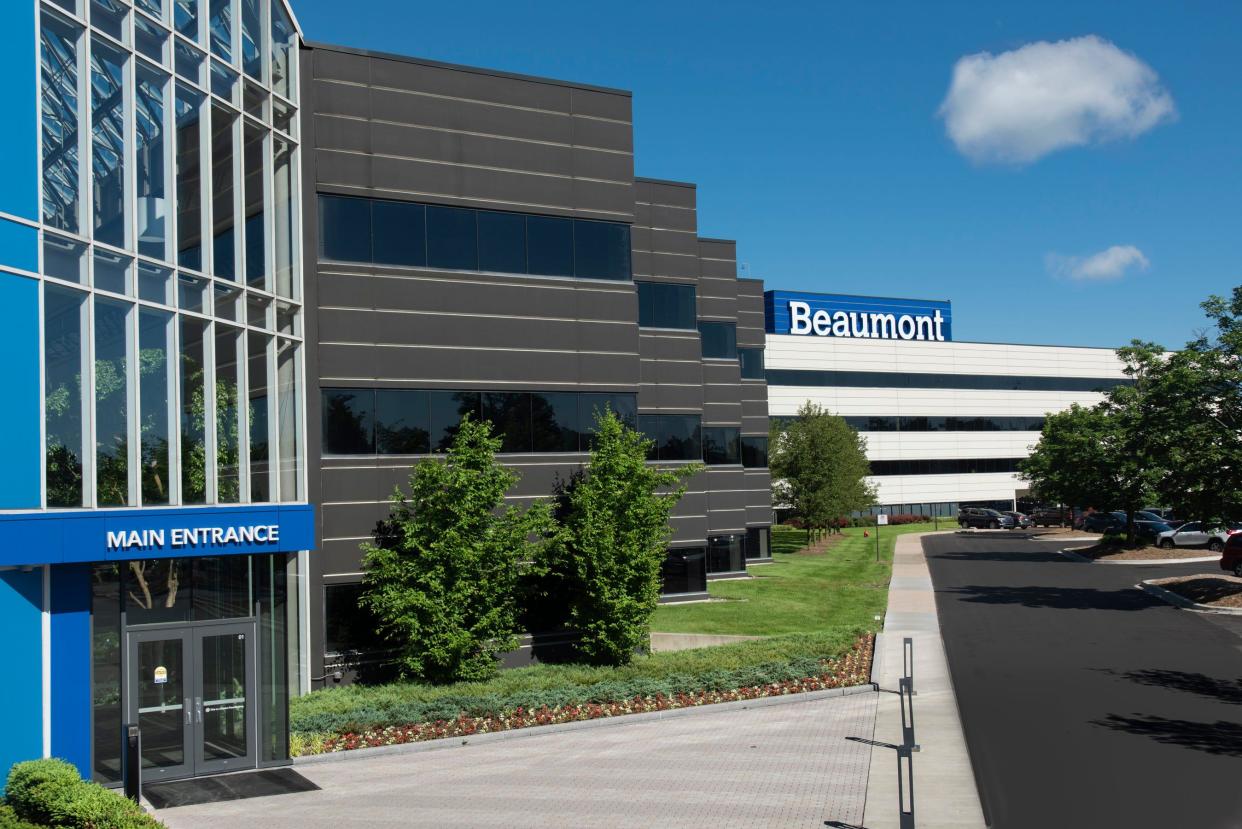
In 2019, Summa and Michigan-based Beaumont Health signed a partnership agreement and received all the necessary approvals from state and federal officials.
The deal fell apart, however, amid the pandemic.
Summa didn’t disclose it at the time, but it appears the Beaumont deal would have involved Summa’s headquarters moving to Michigan.
Deveny said the HATCo proposal has been the only offer it considered that would keep Summa rooted in Akron.
Deveny later declined to elaborate, but said there “were valuable learnings from our work with Beaumont.”
“In HATCo, we have found a partner that not only ensures Summa will remain headquartered in Akron for decades to come, but one that positions our leadership, providers and employees for continued success and will build on and enhance the quality of care provided to our patients in the Greater Akron region and across Northeast Ohio,” Deveny said.
How much charity care does Summa provide and will it continue if it becomes a for-profit hospital under HATCo?
In 2022, Summa provided $11.5 million in charity care, according to the most recent community benefit report.
On top of that, it also absorbed $93.5 million in Medicaid shortfall costs. Historically, Ohio Medicaid reimbursements have not covered the costs of care for Medicaid beneficiaries, Summa said in the report.
Summa in 2022 also provided $50 million in subsidized care to community needs, including dental care, senior health and diabetes education.
Deveny said “HATCo and Summa Health will maintain the health system’s commitment to charity care.”
He said they have a “shared vision to work together to keep patients and the community at the center of decision-making.”
Sutton this week added that HATCo has agreed to adopt every word of Summa’s written commitment to charity care even after Summa becomes a for-profit institution.
Health experts are divided over how much difference there may be between nonprofit and for-profit hospitals, said Cory E. Cronin, an assistant professor at Ohio University’s Department of Social and Public Health.
Sorting it out is complicated, he said, because for-profit systems are not required to share data detailing their community impact like nonprofit health systems are.
“For-profits do charity care, it’s just not reported,” he said.
If HATCo buys Summa, the community will only know about how much it spends on charity care if HATCo chooses to disclose its numbers.
Cronin said there’s an active debate over how much for-profit hospitals benefit communities.
Cronin and another Ohio University professor published findings of a study in 2021 that found for-profit hospitals were more likely than nonprofit and public hospitals to be in communities with greater economic and health needs.
Both kinds of hospitals, Cronin said, can serve as stabilizing forces in their communities.
Any time there’s a discussion about hospital mergers or acquisition, Cronin said he always asks what would happen if the hospital closed.
“If they were [to] no longer exist, not just the business would suffer, the entire community would suffer,” he said.
How much could HATCo pay for Summa, and what happens to that money?
When HATCo formed last year, Harrison said he hoped the group would buy a hospital system for between $1 billion and $3 billion.
It’s not clear what Summa is worth.
Summa at the end of 2022 reported $950 million in assets, down from $1.25 billion at the end of 2021.
Last year, it reported nearly $1.8 billion in revenue in financial filings, but also said it had an operating loss of $39 million.
If Summa and HATCo agree on a sale price, whatever money is left after Summa’s debts are paid would go into a hospital conversion foundation.
Deveny said he didn’t know how much the foundation would be worth but said it would be substantial and on par with the GAR Foundation, which awards more than $7 million annually to Greater Akron nonprofits.
GAR Foundation has about $200 million in assets.
Summa’s new hospital foundation would spend its money working to improve community health, leaders have said. That could include everything from transportation and housing to health screenings and public safety.
How unusual is HATCo and Summa’s proposed deal?
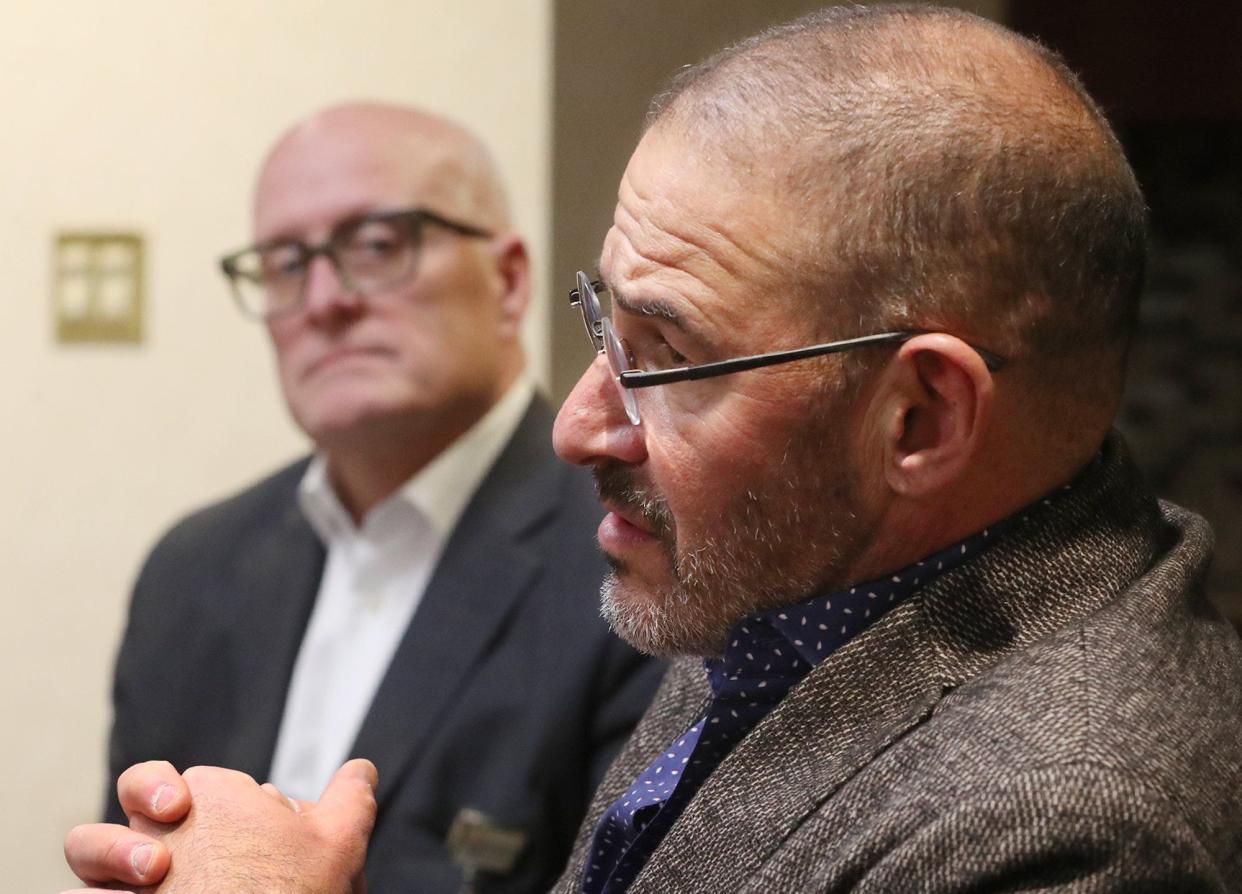
“We believe the model we’ve created to be the first of its kind,” Deveny said.
He and Sutton have emphasized this is unlike other private equity investment, which are usually short-term plays to cut costs and sell the hospital system for a quick profit.
Critics often point to a 2023 study from Columbia University’s Mailman School of Public Health that found private equity investments in health care were associated with higher patient and payer costs and may decrease the quality of care.
The HATCo deal is “organized as a permanent investment vehicle in technology, innovation and services that aims to generate new revenue streams that enhance sustainability and local delivery of care – not realize gains through cost cuts and increases in volume-based revenue,” Deveny said.
HATCo and Summa agree, he said, that this deal is about “what is right and maintaining and growing the best possible health system for our patients and community.”
Will any safeguards be built into the proposed sale to prevent HATCo from selling Summa before the promised transformation of health care is complete?
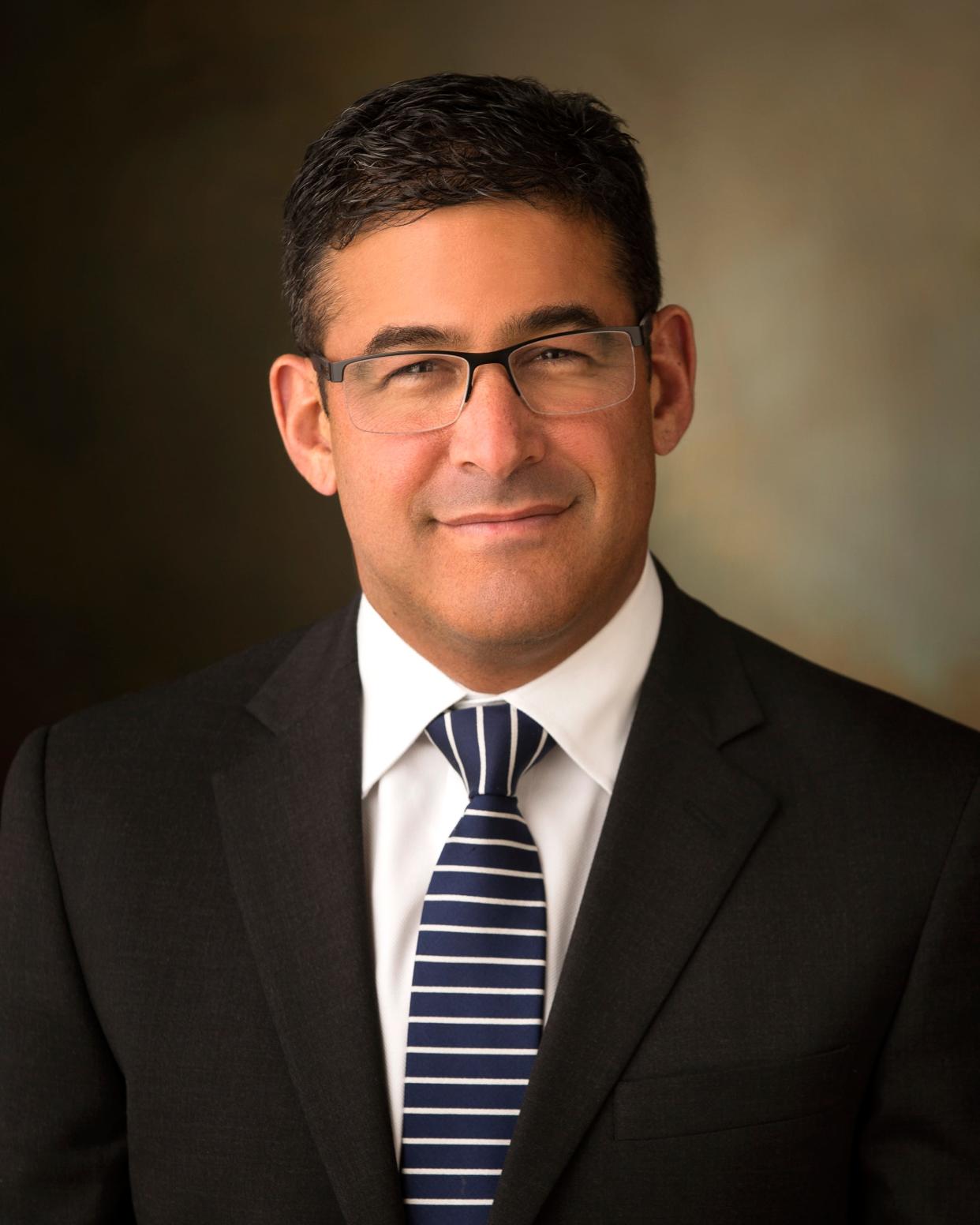
Deveny said there will be safeguards.
“The Summa Health Board of Directors – which is comprised of several members of our community and medical staff – has spent several months getting to know the HATCo team and providing valuable feedback and guidance as we worked towards the non-binding letter of intent,” he said.
“Both of our organizations bring significant health care experience and are fortunate to have seasoned leadership teams,” he said. “Together, we will be able to draw from experience and expertise to achieve our plans for growth and we are excited to work together to define a plan that truly transforms and improves how care is delivered.”
Summa COO Sutton said people should not confuse Summa’s tax status with commitment to a mission.
“Health care systems are large, complex corporations. Regardless of their tax status, they have to make a profit,” he said. “For us to keep up with inflation, to reinvest in raises for employees, to build behavioral health centers that our community needs, we have to make a profit.”
There are two ways to do that, he said: Grow the organization or cut the budget.
What will happen if Summa isn’t sold?
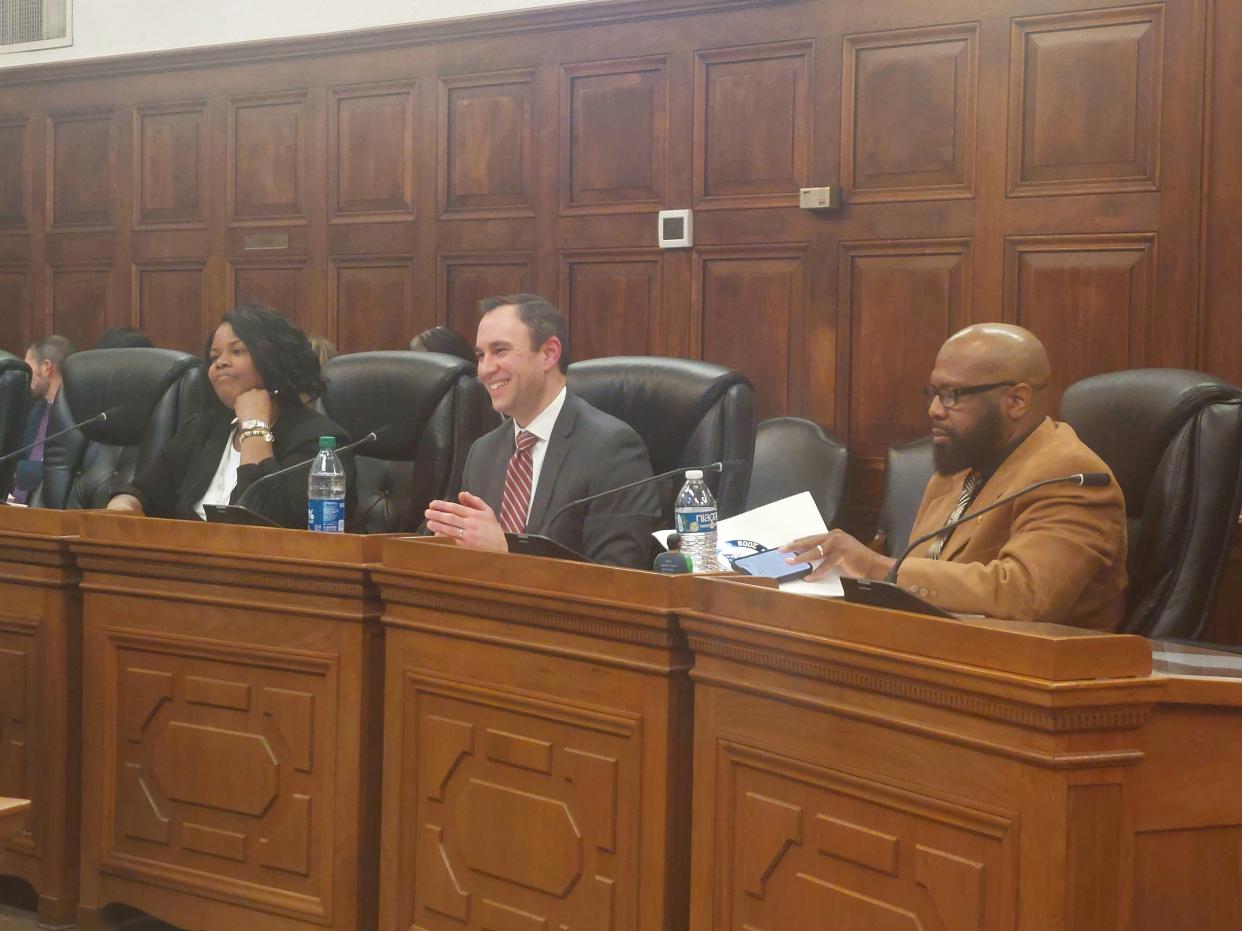
“If we do nothing, the cuts are inevitable,” Sutton said. “People lose jobs and services get cut back. None of that is good for the health of our community.”
This week, when an Akron City Council member asked Sutton how long Summa could survive without a sale, Sutton said nonprofits like Summa can limp along for years.
Sutton said the next five to seven years would mean cuts to staff benefits and patient services that no one would want.
“Our partnership with HATCo provides us with that opportunity to grow and to be sustainable for decades to come,” Sutton said in written responses to the Beacon Journal.
Will the sale mean a change in Summa leadership?
If the sale goes through, Deveny will continue to lead Summa as CEO, and there will be no changes to the leadership team, Sutton said.
HATCo’s Harrison will be a member of Summa’s board but will not be a member of the leadership team, he said.
Did Summa consider becoming a county hospital subsidized by taxpayers?
Sutton said Summa regularly updates local officials about issues facing Summa and the health care industry as a whole.
Asking taxpayers to help fund Summa as a community hospital wouldn’t work, Sutton said.
The “reality is adding incremental taxes only makes an already expensive thing more expensive for our citizens and does nothing to address the underlying problems,” he said.
In Cuyahoga County, taxpayers this year will contribute $32.4 million to MetroHealth, its community hospital. While it’s a large amount of money, it’s only a fraction of MetroHealth’s $1.9 billion budget.
Is there opposition to the sale?
Akron City Ward 8 Councilman James Hardy has publicly called for Summa to pause its sale to HATCo until the community can weigh options, including whether to convert Summa to a community hospital.
“Obviously, no one in Akron or Summit County is going to quarrel that health care in the U.S. is a mess … and that hospitals like Summa are in a really precarious situation,” he said. “The fundamental debate we need to have locally … is what kind of health care system do we want to move to?”
Dr. Sterling Shriber, a resident at Summa, has launched a change.org petition to maintain Summa’s nonprofit status. So far, it has more than 300 signatures.
Both Hardy and Shriber have raised concern about the long-term future of Summa, which has served Akron for about 130 years.
Hardy said he has complete trust that Deveny will do the right thing for Akron and added that he’s only heard good things about Harrison.
But, he asked, what happens when they’re gone, and you’re left with a hospital owned by others involved in private equity?
Hardy said he believes in the Seventh Generation Principle of Iroquois Native Americans: Decisions we make today should serve those who will be born seven generations into the future.
Pausing the HATCo deal and converting Summa into a community hospital is a long shot, Hardy conceded. Voters would need to pass an income tax increase, and pausing the potential HATCo purchase could put the deal in jeopardy.
But, Hardy said, the community should be involved in what happens next, including setting a price for Summa.
“It’s in HATCO’s best interest to get a number as low as possible,” he said.
But the more money Summa sells for, the larger the hospital foundation will be to benefit the community.
“This process should be transparent, and the community should be involved,” Hardy said.
How can community members learn more about the deal?
Summa officials recently met with Akron’s mayor and members of City Council to answer questions about the deal.
They are also holding meetings with employees.
This article originally appeared on Akron Beacon Journal: What we know and don't know about proposed sale of Summa Health
